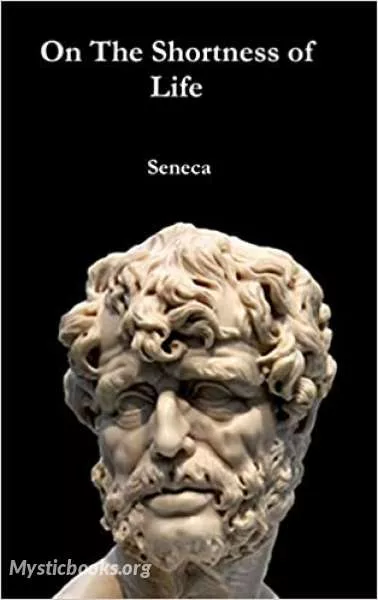
Of the Shortness of Life
by Seneca
'Of the Shortness of Life' Summary
In chapter 1 Seneca counters the complaint that life is too short with the view that life is long enough if well-managed. Chapters 2 to 9 survey the many ways in which life is squandered and time frittered away by those people (occupati) engrossed in pointless pursuits. Chapters 10 to 17 contrast the philosophical approach to leisure (otium) with the deluded common approach. This culminates in chapters 18 to 20 showing the emancipation of the wise, who can soar above the lives of others mired in endless preoccupation.
After the introduction (§1), Seneca reviews (§2–3) the distractions which make life seem short, and explains that people are great wasters of time. He then offers (§4–6) three examples of famous Romans (Augustus, Cicero and Livius Drusus) who, in various ways, were victims of the engrossed life. He explains (§7–8) that the engrossed do not know how to live or have awareness, and that they waste time because they do not know its value. One should purposefully live for the moment (§9), because tomorrow will be too late. In contrast (§10) the lives of the engrossed seem so short to them because they are constrained to the fleeting present, and recollect the past in pain. They desperately cling on to life (§11) because they haven't lived, unlike the wise, who are always ready to leave life behind. The engrossed include those who live in leisure and luxury (§12), and Seneca explains (§13) that even those who devote themselves to scholarship are wasting their time if their efforts are directed to no end. Accordingly, (§14–15) only those who dedicate their time properly truly live, becoming equal with the great minds of the past, allowing the mind of the sage to even transcend time, like a god. The engrossed, on the other hand, (§16–17) are prey to fidgety and contradictory moods, and their joys and pleasures are bitter with the sense of precariousness. Finally (§18–19) Seneca exhorts Paulinus to abandon public occupations and adopt the contemplative life of the wise, free from the passions. This is contrasted (§20) with the suffering of the engrossed: they die without having ever lived.
Book Details
Authors

Seneca
Italy
Lucius Annaeus Seneca the Younger usually known as Seneca, was a Roman Stoic philosopher, statesman, dramatist, and in one work, satirist, from the post-Augustan age of Latin literature. Seneca was b...
Books by SenecaDownload eBooks
Listen/Download Audiobook
- Select Speed
Related books
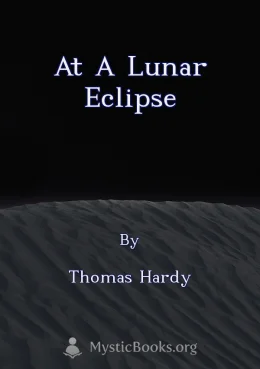
At A Lunar Eclipse by Thomas Hardy
At A Lunar Eclipse is a poem by Thomas Hardy that explores the themes of nature, death, mortality, love, loss, time, and the eclipse. The poem is writ...
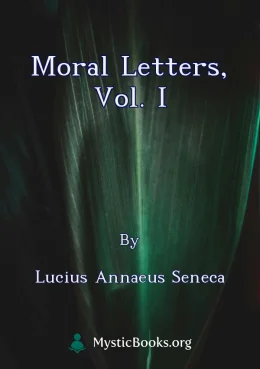
Moral Letters, Vol. I by Lucius Annaeus Seneca
Seneca's *Moral Letters* are a collection of personal letters addressed to Lucilius, a young Roman friend. In these letters, Seneca explores various a...
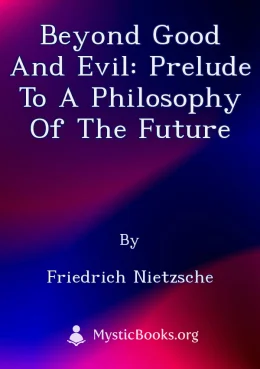
Beyond Good and Evil: Prelude to a Philosophy of the Future by Friedrich Nietzsche
'Beyond Good and Evil' is a philosophical treatise by Friedrich Nietzsche, first published in 1886. In the book, Nietzsche argues that traditional mor...
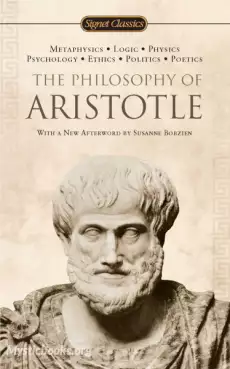
The Story of Aristotle's Philosophy by Will Durant
This little Blue Book by Will Durant, deals with Aristotle (384-322 B.C.E.), a Macedonian pupil of Plato, who became the teacher of Prince Alexander....
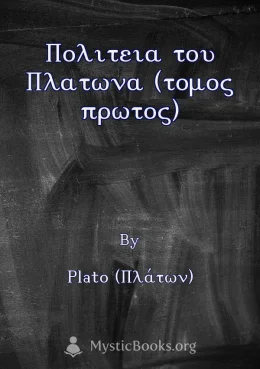
Πολιτεια του Πλατωνα (τομος πρωτος) by Plato (Πλάτων)
The Republic by Plato is a philosophical dialogue that explores the nature of justice and the ideal state. Plato argues that justice is the highest vi...
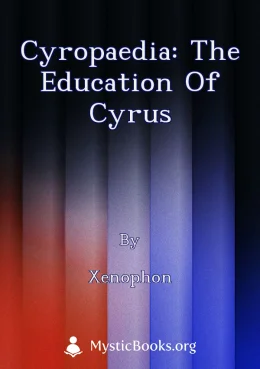
Cyropaedia: The Education of Cyrus by Xenophon
The Cyropaedia is a historical work written by Xenophon, an Athenian general and historian, which presents a fictionalized account of the life and edu...

Nada menos que todo un hombre by Miguel de Unamuno
The novel explores the complexities of love, identity, and the human condition through the story of Alejandro, a wealthy man with a mysterious past, a...

'Sacred' Kurral of Tiruvalluva-Nayanar by Thiruvalluvar
The Tirukkural, attributed to the sage Thiruvalluvar, is a collection of 1,330 couplets in Tamil. Divided into three sections—Virtue, Wealth, and Love...
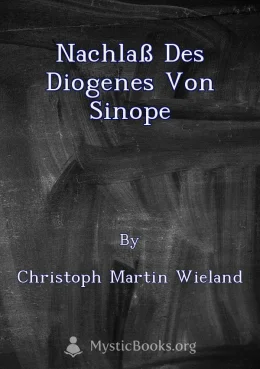
Nachlaß des Diogenes von Sinope by Christoph Martin Wieland
Christoph Martin Wieland's "Nachlaß des Diogenes von Sinope" is a satirical novel that uses the figure of the famous Cynic philosopher Diogenes of Sin...
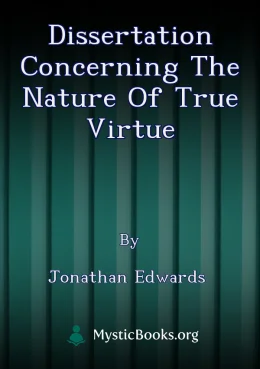
Dissertation Concerning the Nature of True Virtue by Jonathan Edwards
In "A Dissertation Concerning the Nature of True Virtue," Jonathan Edwards delves into the intricate relationship between virtue and beauty. He posits...
Reviews for Of the Shortness of Life
No reviews posted or approved, yet...